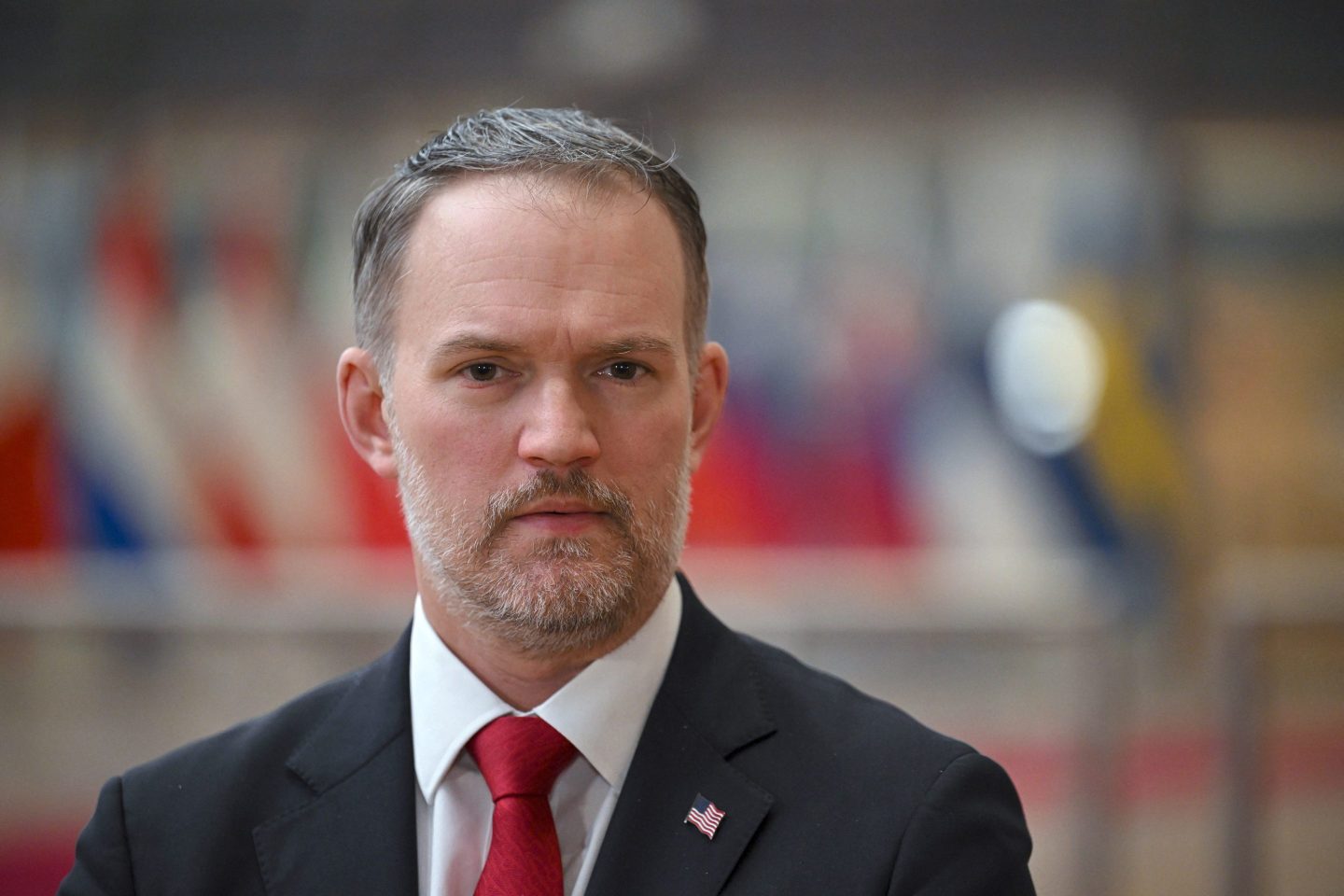Add slowing global population growth to the long list of troubles facing debt-soaked Western economies.
So says Pimco bond manager Bill Gross in his latest monthly investment commentary. His remarks come at a time when investors have been taking an increasingly dour view of the prospects for economic growth in the United States and Europe.

The yield on the 10-year Treasury note has dropped from 4% this spring to a recent 3%, as the pace of recovery has slowed and hopes for a Federal Reserve rate-raising campaign have dimmed.
Falling growth prospects, slipping inflation and high unemployment are feeding fears that the United States could be in for a replay of the lost decades suffered by Japan since its asset bubbles burst 20 years ago.
Gross, whose firm has been saying investors should aim for lower returns as developed economies work off a crushing debt hangover, is in no mood to disagree.
“Japan is the modern-day example of what deleveraging in the face of a slowing and now negatively growing population can do,” he writes.
Taking the demographic argument a step further, Gross contends that we can blame a slowdown in the expansion of the world population for our current overstretched condition.
The financial crisis of recent years had many drivers, ranging from low interest rates and easy underwriting to outright fraud, but Gross says we should look beyond the recent past to consider why we have been leveraging up.
“The fact is that since the 1970s we have never really experienced a secular period during which the private market could effectively run on its own engine without artificial asset price stimulation,” Gross writes. “The lack of population growth was likely a significant factor in the leveraging of the developed world’s financial systems and the ballooning of total government and private debt as a percentage of GDP from 150% to over 300% in the United States, for example.”
Though Gross and his colleagues at Pimco have been warning about the perils of debt for some time, it was only eight months ago that Gross was reaching quite a different conclusion.
He said in his January investment commentary that 2010 would be “the year of ‘exit strategies,’” referring to the efforts of the Fed and other central banks to extricate themselves from the extraordinary support they’d provided in hopes of avoiding a replay of the Great Depression. He suggested that could spell a rise in interest rates in debtor nation such as the U.S. and U.K. compared with those in Germany.
That forecast may yet prove out, if central bankers here and elsewhere go all in for another round of money printing. But for the moment an interest-rate rise here is looking almost like wishful thinking.











